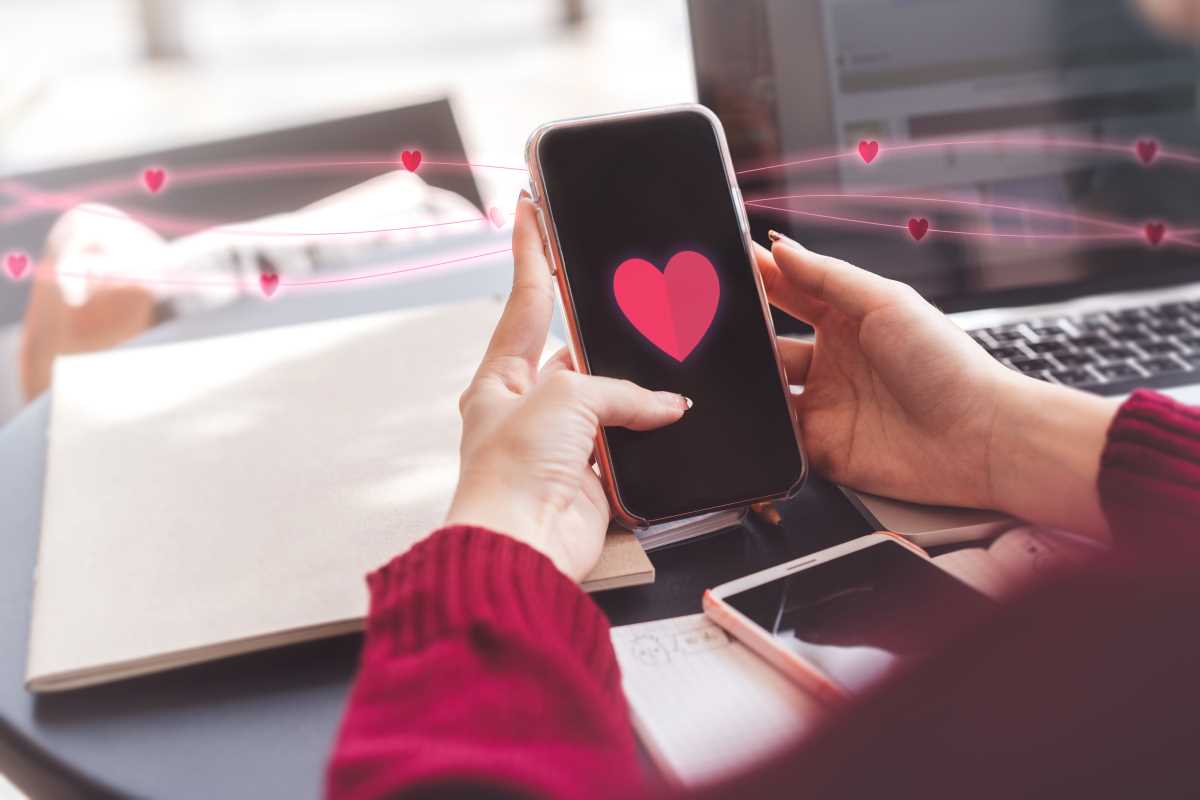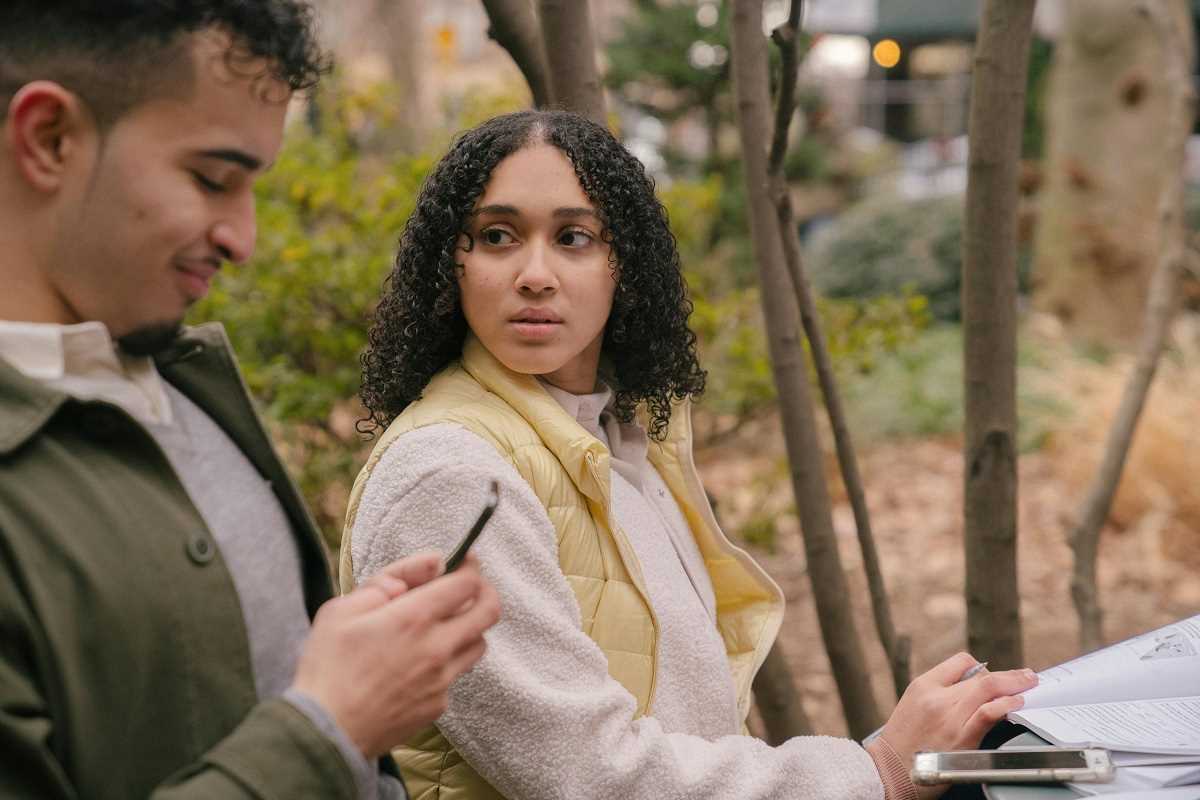You love your friends (and your partner, if you’re dating), but sometimes the idea of one more group hang or responding to another text feels overwhelming. It’s not that you don’t care or want to disappear, but your social battery is running dangerously low. Sound familiar? You’re not alone. Balancing social life and personal downtime can be tricky, especially when you don’t want it to seem like you’re ghosting people. The good news? You can recharge your social energy without unintentionally sabotaging your relationships.
Feeling drained from social interactions doesn’t make you antisocial; it just means you need time to reset and show up for others as your best self. The secret isn’t ghosting or hiding out until you feel ready to resurface. Instead, it’s all about setting boundaries, finding balance, and creating rituals that help you stay connected while prioritizing your well-being.
Why Your Social Battery Drains
First things first, it helps to understand why your social battery might feel like it’s always teetering on empty. For starters, humans are wired differently when it comes to interaction. Some people thrive in big social settings, finding their energy in the buzz of a crowded room or long conversations. Others need quiet time to rest and recharge after hanging out with people, even their closest loved ones.
You might notice your social battery drains quickly after busy periods, like birthdays, weddings, or back-to-back weekend plans. Overscheduling yourself squeezes out valuable downtime, leaving you emotionally and mentally fatigued. It can also happen if you’re juggling other stressors, like work, school, or personal challenges. Constant multitasking (and the pressure to respond immediately to every message) adds to that sense of being depleted.
Everyone has limits, and refreshing your energy means recognizing when you’re approaching yours. Ignoring what your body and mind need is like running on fumes. Eventually, it catches up with you, leaving you feeling burnt out and more likely to withdraw from your closest relationships in order to cope.
Setting Boundaries Without Checking Out
If you want to recharge your social battery but don’t want to risk ghosting, clear communication is your best friend. The people in your life probably won’t know you’re feeling overwhelmed unless you tell them. Instead of disappearing from the group chat or leaving your texts unread, try offering a quick heads-up.
For example, you can say, “Hey, I’ve been feeling a little wiped out lately and need some time to recharge. I still adore you guys, and I’ll be back to hang soon!” This not only keeps the lines of communication open but also frames your need for space in a way that doesn’t feel personal to them. It tells your friends or partner that your absence isn’t about them but about taking care of yourself.
Boundaries are less about shutting people out and more about creating space for balance. If someone invites you out and you’re not up for it, decline with kindness. You don’t have to explain every detail of why you’re saying no, but being polite helps maintain trust and understanding in the relationship.
Recognizing your limits also means saying “yes” to plans that genuinely excite you while skipping the ones that feel more like obligations. It’s okay to prioritize quality over quantity when it comes to social time. Spending focused, meaningful time with one person might energize you more than mingling at a party.
Building Solo Recharge Rituals
Recharging your social battery requires making downtime intentional, not just accidental. Instead of mindlessly zoning out on your phone or binge-watching something you’re not even into, think about what truly soothes and replenishes your energy. What activities feel restorative rather than draining?
For some, this might look like going for a walk while listening to music, journaling about your week, or experimenting with a new recipe. Others might find joy in meditating, doodling, or spending an hour reading. The trick is finding something that feels aligned with what your mind and body need in the moment.
Spending time offline, especially if much of your social life revolves around group chats or social media, can also work wonders. Constant notifications and buzzes make it hard to truly switch off. Disconnecting for a few hours or even a whole day allows your brain to rest without the pressure of reacting to every ping.
It’s also helpful to establish regular rituals that aren’t contingent on how overwhelmed you feel. For instance, incorporating a weekly solo activity like yoga, a coffee date with yourself, or a Saturday night dedicated to self-care sets a rhythm for balance, even during busier times.
Staying Present When You’re With Others
Even when your social calendar is packed, you want to make the moments you spend with others count. One way to avoid feeling drained by interactions is to approach them with intention and presence. Instead of multitasking during a phone call or worrying about what’s next on your schedule during dinner, focus fully on the moment.
When you’re all in with your attention, it’s easier to feel connected and grounded instead of overwhelmed. Active listening and engaging in meaningful conversations can strengthen bonds without making the interaction feel draining. Showing up for someone doesn’t require endless availability; it’s about being present and genuine when you’re together.
By being clear about when you’re available and fostering quality moments over an overwhelming quantity, you can maintain strong relationships while still keeping your energy reserves intact.
Recharging as a Way to Strengthen Relationships
Taking time to recharge isn’t about retreating from social life entirely. It’s about giving yourself the energy to show up for your relationships in a meaningful way. Running on low isn’t fair to you or the people who care about you, and consistent self-care strengthens your ability to engage when it matters most.
Remember, the people in your life want the best version of you, even if that means you’re not constantly around. Recharging your social battery without ghosting is less about saying, “I need space from you,” and more about saying, “I’m fueling up so I can be here fully.” That reframing creates understanding and respect, which are key to lasting bonds.
Balancing alone time and social time can feel like a tightrope walk, but with clear communication, thoughtful boundaries, and solo rituals that revive your energy, you can enjoy your relationships and moments of solitude equally, making them both more fulfilling.
 (Image via
(Image via





.jpg)